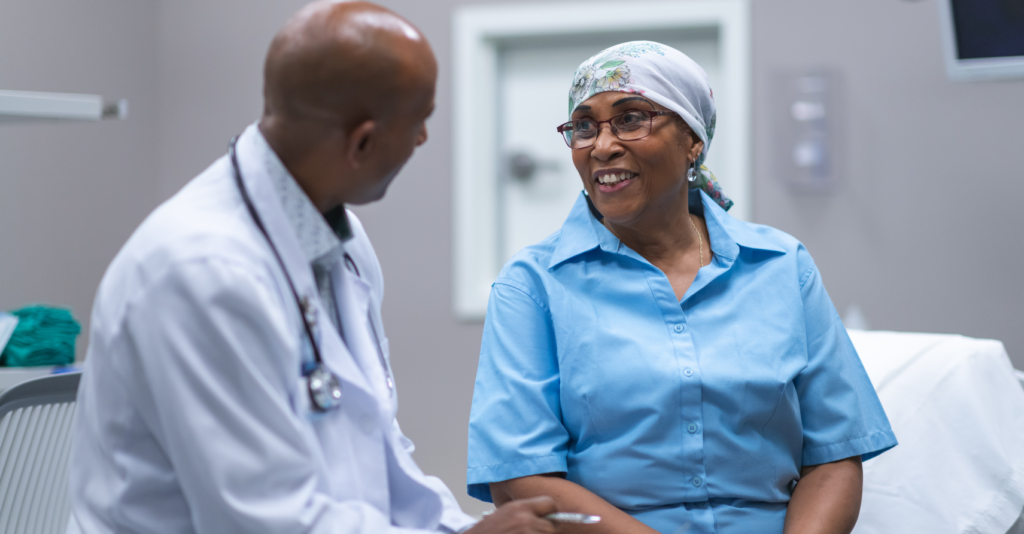
What Happens in Your Body When You Have Ovarian Cancer?
Signs and Symptoms of Ovarian Cancer
Ovarian cancer may not cause any symptoms when it first develops. Symptoms may include:
- Changes in urinary frequency, urgency, pressure, or capacity
- Changes in bowel movements
- Changes in appetite or feeling full quickly
- Nausea or vomiting
Related Links
Causes and Risk Factors of Ovarian Cancer
Risk factors that may increase your chance of developing ovarian cancer include:
- Familial history of ovarian or breast cancer with a BRCA1 or BRCA2 mutation
- Approximately 10%-15% are associated with an increased risk due to family history
- It’s now recommended that any patient with ovarian cancer receive genetic testing, even if there’s no family history
- Women over the age of 60
- Women with Lynch syndrome
- Women who have a personal history of breast cancer
- Women who are on estrogen replacement therapy (without progesterone) for more than five years
- Women who have had endometriosis
Related Links
Accessing the Best Ovarian Cancer Care
Expert Tips
- Get information about choosing an ovarian cancer specialist or treatment center
- Talk with loved ones about how they can support you
- Understand what your insurance covers
- Learn how testing may impact treatment
- Discuss your concerns openly with your doctor
- Explore financial assistance options
Related Links
Ovarian Cancer Access & Early Detection Programs
Understand testing and screening options that can evaluate your risk or lead to an early diagnosis in a more treatable stage of disease.
Topics:
- Understanding Ovarian Cancer Screening and Detection
- Tips and Advice for Ovarian Cancer Patient Self-Advocacy
- Ovarian Cancer Research Developments
- DETECT Ovarian Cancer Resources
Aims to provide digital literacy skills training with a series of easy-to-follow video modules, coupled with resource guides to educate you on technology and online support tools.


